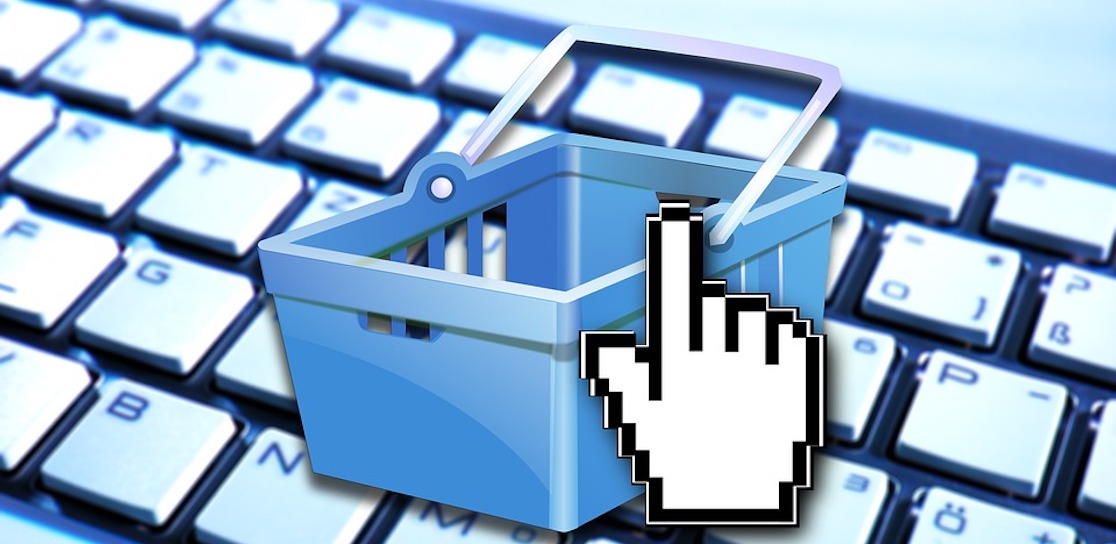As with anything you do online, any time you provide details like your email address, shipping address, phone number and credit card information, your information becomes prey for cyber criminals.
What are the risks of online shopping/auctions?
- Becoming a victim of fake e-commerce sites. These are sites created with the sole purpose of capturing your information which can lead to identity theft and hacking. Often these sites will offer an incredible deal that's hard to pass up, and then disappear a few weeks later.
- Becoming a victim of fraud including the misrepresentation of an item, the item not being sent to you or not being paid if you're the seller.
- Doing business on sites that aren't encrypted which can leave your information open to anyone.
- Scams by international sites that aren't secure or don't have reputable sellers.
- Paying more than you expected because of hidden charges, duties or shipping.
- The item you buy may not meet safety standards. There are different rules for different countries.
- Getting lured by sellers to send payment outside of legitimate services like Paypal, including sending cash, money transfers and money orders.
- You might find yourself dealing with fraudulent escrow sites that take your money – and run. Legitimate escrow sites make payments on your behalf to safeguard large-ticket purchases. But criminals behind escrow scams create fake escrow sites intended to spoof -- or look identical to -- the real thing. Before you know it, you're making a payment to a criminal out to steal your money.
- Getting stuck by browser traps that won't allow you to click the back button, or the same window continues to pop up after closing it.
A few clues that a shopping site isn't trustworthy
- The site looks poorly designed, unprofessional and contains broken links.
- You can't find an address or phone number for the business.
- Sales, return and privacy policies are hard to find or unclear.
- The back button is disabled. In other words, you get stuck on a page and can't go back.
- You're asked for credit card information anytime other than when you are making a purchase.
How to protect yourself when you're shopping online
- Pay by credit card if you can. Do not send cash.
- Be on the lookout for prices that are too good to be true. They're likely counterfeits.
- Don't use public Wi-Fi to shop online.
- Read the privacy policy and find out how your information will be used.
- Don't respond to an email or pop-up message that asks for financial information. Legitimate companies don't ask for this information this way.
- Read your credit card statements and check for unauthorized charges.
- Make sure your firewall is “on”. For example, Windows Firewall is on by default on the latest version of Windows, but make sure it isn't turned off.
- Don't allow auto fill for your passwords or personal information, like your address, and never allow a site to store your credit card information
Source: getcybersafe.gc.ca




